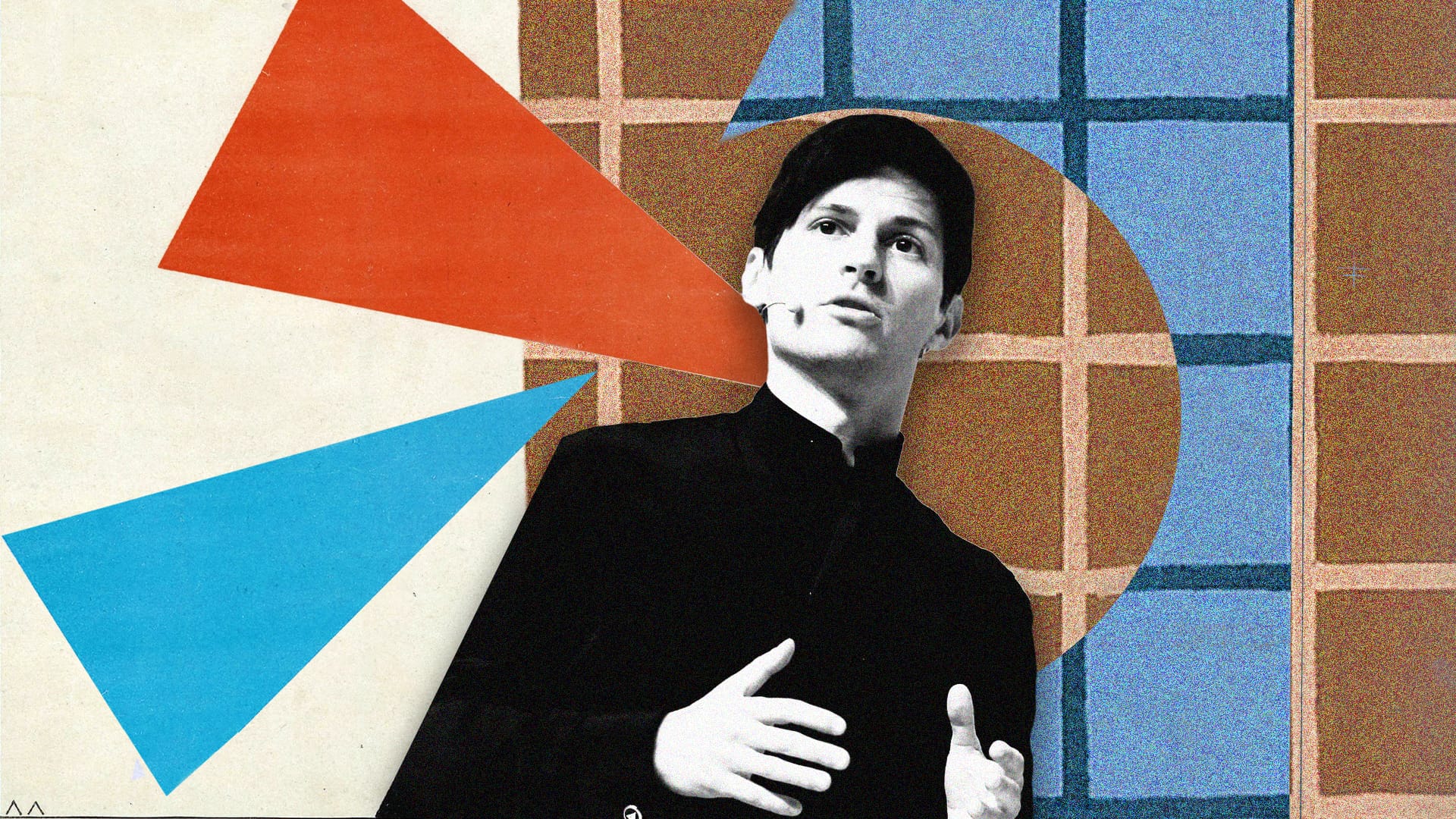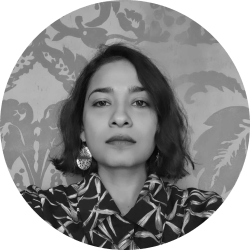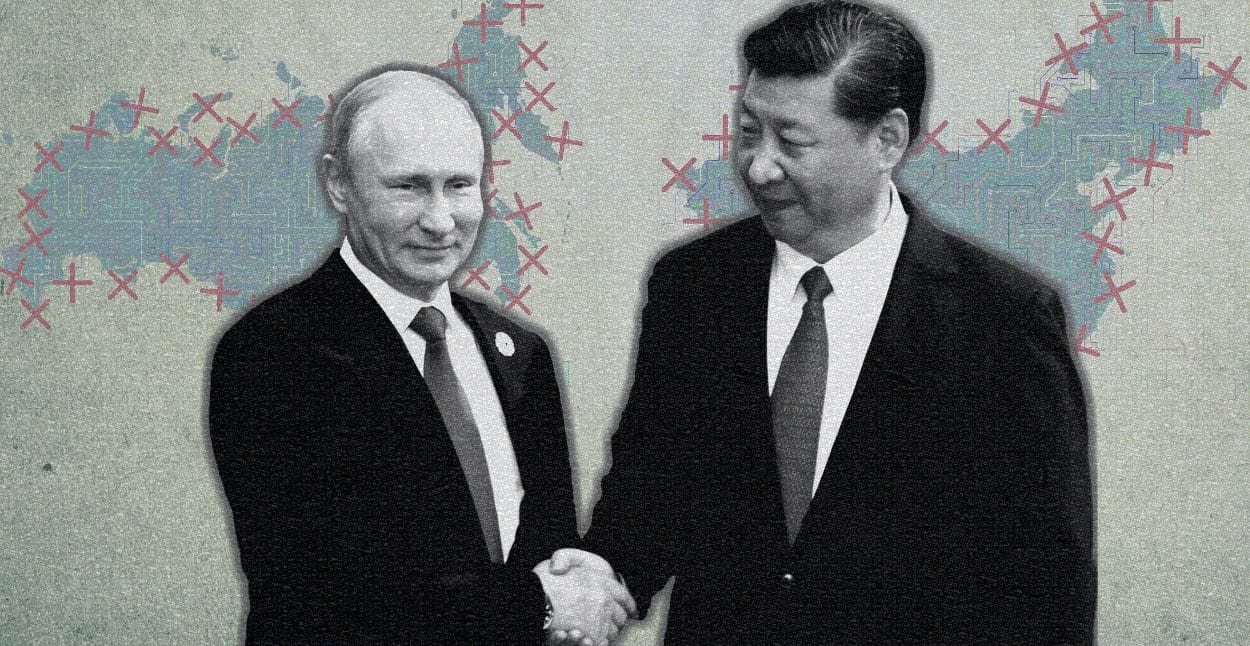Headlines around the world have described Pavel Durov as Russia’s Mark Zuckerberg or Elon Musk but also the Robin Hood of the internet. These descriptions struggle to tell us anything of note because they attempt to reduce something non-American into Americanisms.
First, let us skim the similarities: Like Zuckerberg and Musk, Durov is a tech-bro with a massive social media and messaging platform that has run into trouble with different governments. Like them, he is insanely wealthy, obsessed with freedom of speech, loves free markets, capitalism and posting hot takes on his favorite app. Durov rarely gives interviews, choosing instead to post updates, vacation photos and thirst traps with meandering captions to his 11 million followers on Telegram. Like many tech-bros, he has a fascination with his own virility and recently claimed to have fathered over a hundred children across the world via his “high quality donor material”. In 2022, he also made paper planes out of 5000 ruble notes (approximately $70 at the time) and Henry Sugar-like, flung them into a crowd of people from his window.
But unlike the American heroes of Silicon Valley, Durov is a man fashioning his own legend as an international man of mystery. His arrest is a striking example of how a tech billionaire’s monopoly over global information infrastructure gives them–as individuals–incredible geopolitical influence.
Initial reactions from Russia have framed Durov’s arrest as an instance of Western hypocrisy on free speech. Russians (including voices from within the Russian government) are urging the Kremlin to intervene on his behalf. Access is tricky, but military blogs show deep anxiety as to what his arrest means for the Russian military–which relies on Telegram as one of its primary means of communication in the war with Ukraine.
Durov’s arrest and reactions from Moscow have once again raised a question about his links to the Russian government. The Kremlin’s position continues to be firmly aligned with NSA whistleblower Edward Snowden (now based in Moscow). who described it as “an assault on the basic human rights of speech and association” and Elon Musk who has compared the arrest to being executed for liking a meme in 2030.
In a rare interview four months before his arrest, Durov described leaving Russia as a young child and moving to Italy with his family. His first experience with free markets, as he described it, convinced him that this was the way to live. His brother Nikolai was already a mathematical prodigy at school, and although Pavel struggled with English at first, his teachers’ dismissive attitude towards him spurred him to becoming the “best student”.
“I realized I liked competition,” he said with a smile.
The Durovs moved back to Russia when Pavel was a teenager, after the collapse of the Soviet Union. Pavel’s father, a scholar of ancient Roman literature, had a new job, and the family was able to bring back with them their IBM computer from Italy. Nikolai and Pavel continued to thrive at school—they were now learning six foreign languages each, along with advanced mathematics and chemistry. In his spare time, Pavel was writing code and building websites for his fellow students. It was at this time that he built VKontakte, an early version of social media that soon became the biggest messaging platform across several post Soviet-Union countries. At the time, Vkontakte had a single employee: Pavel Durov himself.
The story of Durov’s run-ins with Russia’s government is better known: in 2011 and again in 2013, the government asked VKontakte to share private data belonging to Russian protestors and Ukrainian citizens. When Durov refused, he was given “two sub-optimal options”: he could either comply, or he could sell his stake in the company, resign and leave the country. He chose the latter. In 2014 Durov sold his shares in the company and left Russia, announcing his departure with an image post of dolphins and an immortal line from The Hitchhiker’s Guide to the Galaxy: “So long, and thanks for all the fish.”
This is also when Durov’s story begins to differ from the smooth narrative turns of American tech broligarchy. Nikolai and Durov created Telegram, a new platform with the ability to host crowds of up to 200,000 people in channels, multi-media messaging, self-destructing texts and the ability to hold secrets. Durov traveled the world looking for a place to set up an office and rejected London, Singapore, Berlin and even San Francisco. “In the EU it was too hard to bring the people I wanted to employ from across the world,” he told Tucker Carlson. “In San Francisco, I drew too much attention.” (The only time Durov has ever been mugged was in San Francisco, he said, when he left Jack Dorsey’s house and phone snatchers attempted to take his phone as he was tweeting about the meeting. Durov says he fought them off and kept his phone.)
“I’d be eating breakfast at 9 am and the FBI would show up,” he said. “It made me realize that perhaps this was not the right place for me.”
Durov became a citizen of the UAE and of France. In 2022, he was named the wealthiest man in the UAE, His current net worth is 15.5 billion USD.
In July 2024, Telegram had 950 million active users, placing it just after WhatsApp, WeChat and Facebook Messenger. Telegram isn’t just one of the most popular messenger apps in Russia and in other post-Soviet countries, as digital freedoms are shrinking, the app’s popularity is growing across the world. The platform began to be used increasingly during COVID lockdowns when disinformation was rife, and platforms like Facebook were allegedly under pressure from governments to censor posts about the pandemic.
Telegram’s popularity has also grown through political crises and protests in Egypt, Iran, Hong Kong, Belarus, Russia and India—Telegram provides a secure means of communication and organization for protesters, but while calls for violence are explicitly forbidden on the app, little else is.
“Telegram is a neutral platform for all voices, because I believe the competition between different ideas can result in progress and a better world for everyone,” Durov told Carlson. But this glib take does little to address the very real concern about child pornography, revenge porn and deepfakes that are able to thrive on the app because of its lack of moderation.
In his telling, competition and freedom are the twin motivations behind all of Durov’s decisions. It’s always one or the other that will explain why he does what he does, whether that’s living in the UAE, resisting content moderation on Telegram, or refusing to invest in real estate and private jets.
“Millions of people have been signing up and sharing content on Telegram in the last hour while Instagram and Facebook were down,” he posted after a Meta outage in March. “Telegram is more reliable than these services—despite spending several times less on infrastructure per user. We also have about 1000 times (!) fewer full-time employees than Meta, but manage to launch new features and innovate faster. Throughout 2023, Telegram was unavailable for a total of only 9 minutes out of the year’s 525,600 minutes. That’s a 99.9983% uptime!”
Since his arrest and interrogation, prosecutors have said that the judge in Durov’s case sees grounds to formally investigate the charges against him. Durov has been released from custody, but is banned from leaving France. He paid a bail of €5 million and must present himself at a police station twice a week.
Durov’s arrest has also raised questions about whether tech titans can personally be held responsible for what users do on their platforms. In India, Narendra Modi’s government has already said that it will also be investigating Telegram, while the Indian press has been agog with details about Durov’s personal life, fixating on his virility and the blonde woman who has reportedly been missing since Durov’s arrest. Durov’s brother, the once-child prodigy Nikolai is also wanted by French authorities, and a warrant for their arrest was issued as early as March. Durov’s Toncoin has crashed since news of his detention. What remains to be seen is whether Pavel will fall prey to the cult of his own personality or regain that which he claims to value above all else—his freedom.















